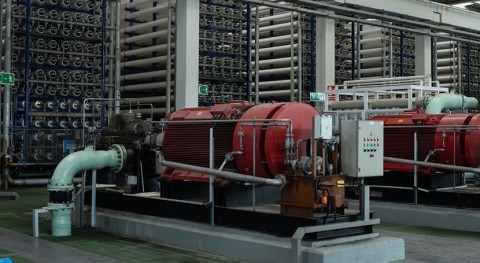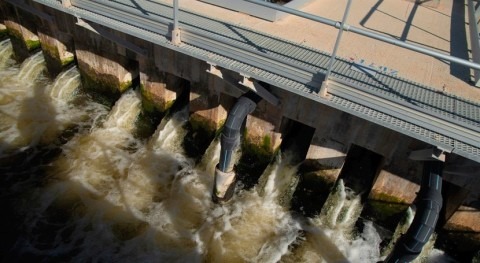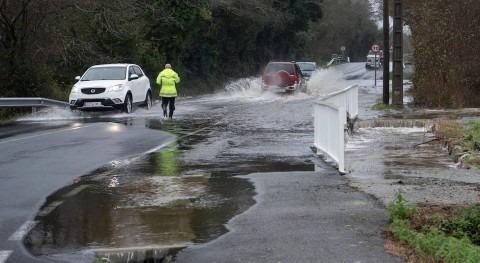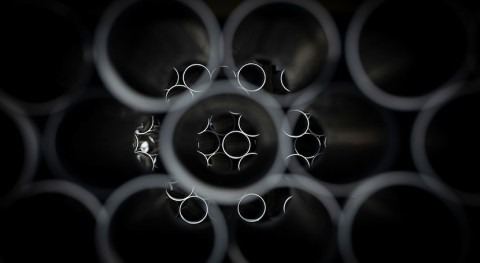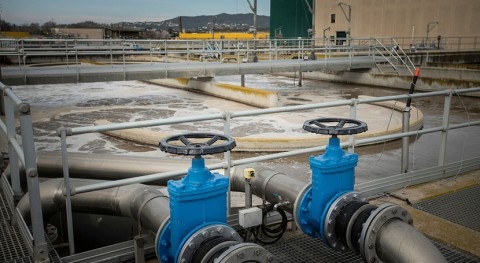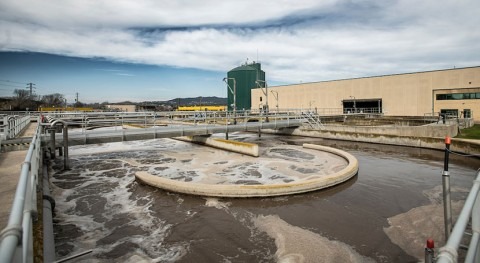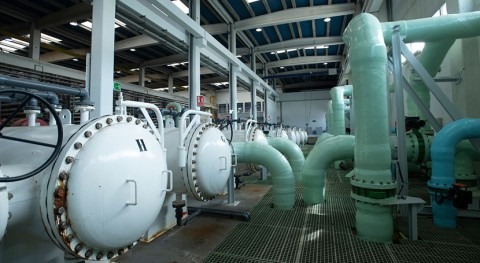Leading tech companies like Microsoft, OpenAI, and Google are grappling with the environmental costs of developing AI, including increased water consumption and energy usage, as they rush to meet the demand for generative AI products, reports the Associated Press. This demand is driven by technologies like ChatGPT, which require vast amounts of computing power to analyse patterns in human-written text and generate human-like responses. To cool the powerful supercomputers used in this process, data centres use water, especially on hot days.
In its latest environmental report, Microsoft revealed that its global water consumption surged by 34% from 2021 to 2022, which experts have attributed to its AI research efforts, including its partnership with OpenAI. Similarly, Google reported a 20% increase in water use during the same period attributed to its AI work. The water usage patterns varied across locations, with some regions experiencing substantial increases in demand.
A study led by researcher Shaolei Ren from the University of California, Riverside, estimated that ChatGPT consumes approximately 500 millilitres of water per interaction consisting of 5 to 50 questions. This estimate includes indirect water usage, such as cooling power plants supplying electricity to data centres. Ren emphasized that public awareness of the resource consumption associated with AI systems like ChatGPT is essential for conservation efforts.
Meanwhile, Microsoft and OpenAI have acknowledged their environmental impact and expressed commitment to reducing it. They plan to invest in research to measure the energy and carbon footprint of AI and improve efficiency in both training and application. Microsoft has pledged to be carbon negative, water positive, and zero waste by 2030.
Microsoft has made significant investments in data centres in West Des Moines, Iowa, and last May the company revealed that it had built an “advanced AI supercomputing data centre” in that state, to train OpenAI's GPT-4 model. The choice of location is partly due to the region's cool weather much of the year: water-based cooling is necessary only when the temperature goes over 29,3 degrees Celsius. However, in the summer, the water requirements can be substantial and have raised concerns from the local water authorities, who have asked for a reduction in peak water usage to preserve resources for residential and commercial needs.




